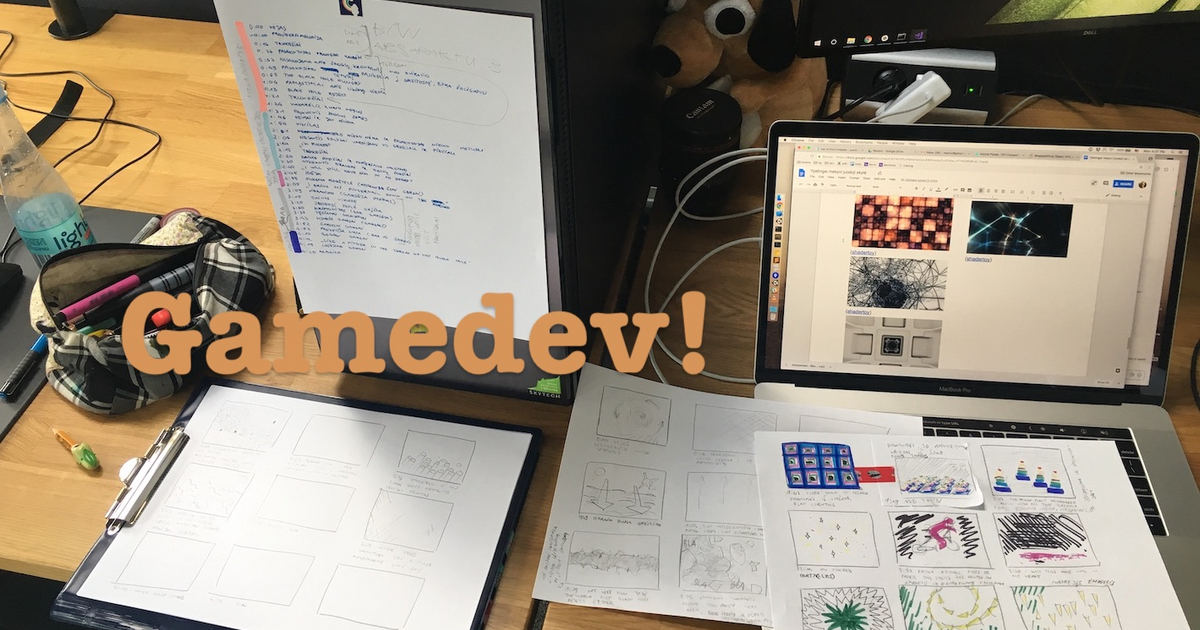In building a community space, especially one where we are bringing together people from vastly different backgrounds, inclusivity at all costs is not -- can not -- be the goal.
And while that sounds counterintuitive, consider that each member that truly wants to be here, brings value and gains value from being here, deserves safety and space to authentically exist, grow, and be held. If that is our priority, then people who demonstrate predatory, disrespectful, or discordant behavior, or who simply do not value add or benefit in the same way from the community, have no place here.
That does not mean they have no place anywhere - but the beauty of building distributed networks is that people can be asked to leave and find themselves a community that they can serve better (and that can better serve them).
And yet, our [current society's] hyperfocus on inclusivity and our already disconnectedness and our fears of rejection, ostracization, and abandonment make being asked to leave embarrassing and painful.
But accountability is sacred, and we hold dear the right and responsibility of protecting ourselves and our residents from individuals who indicate a lack of regard for us, the hosts of this space, or our guests who are doing the most, quite honestly, to help bring this project forward.
When asking people to leave, or to be accountable to their behavior, leads to threats of violence (this has happened), slander (this has also happened), or the shifting of the situation to support a victimization narrative on the part of the person being asked to leave (this is most common) there is kind of a devastating loss of opportunity. It doesn't feel good to be told that your behavior is harmful, but it's an opportunity to change -- if this community is truly something you'd like to be a part of. It's also an opportunity for self-evaluation and growth regardless of whether or not the community serves you in the way you'd like it to. But when the impetus is to lash out and seek vindication instead, all of this is lost, and nothing fruitful comes of the conflict.
And conflict is necessary, and healthy. To truly shift the way we live, we must embrace discomfort and radical growth. It is not easy. I won't claim that it is. But it's the only way through to new ways of orienting to community, ourselves, and social life in general.
The community decides. These decisions are not made lightly. But the community has to have the right to deny access to, or to request the removal of, someone who is not aligned with the goals of the group.
That is all I'm going to say on the subject.


